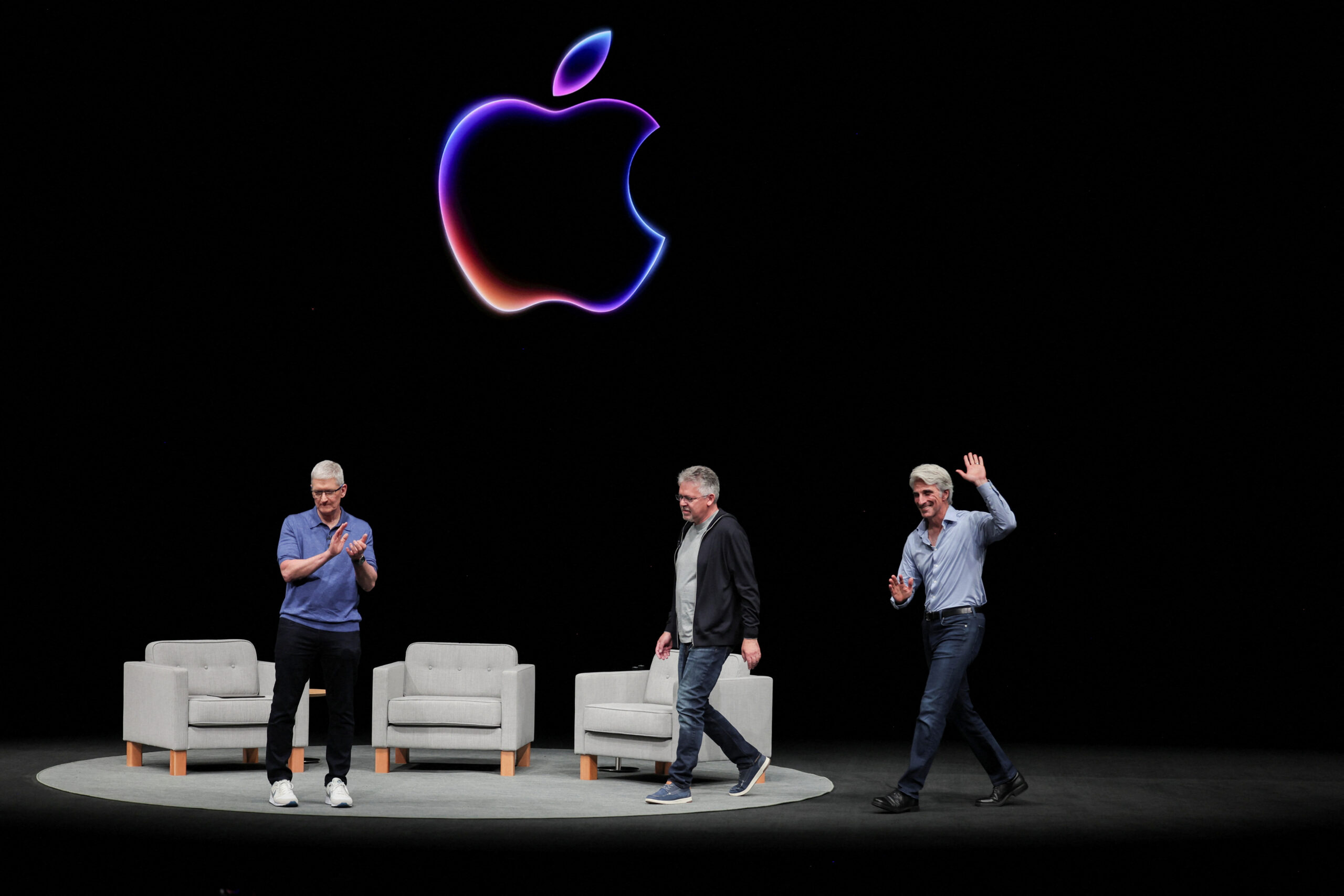New York — In a move poised to redefine the smartphone landscape, Apple has officially scheduled its next major product launch event for Monday, September 9, where the tech titan is widely expected to introduce the groundbreaking iPhone 16, the company’s first device deeply integrated with generative artificial intelligence (AI) technology.
The event, emblazoned with the evocative tagline “It’s Glowtime,” will commence at 10 a.m. Pacific Time at the renowned Steve Jobs Theater within Apple Park in Cupertino, California. Enthusiasts and industry observers worldwide can also tune in via a live online broadcast, ensuring global accessibility to Apple’s latest innovations.
Anticipating the “Glow” in Apple’s Future
The cryptic yet alluring phrase “It’s Glowtime” has sparked widespread speculation regarding the features set to be unveiled. Analysts suggest that “glow” may symbolize the illuminating potential of AI to enhance user experience, indicating more intuitive, responsive, and personalized interactions between users and their devices.
A Glimpse into Apple’s AI Ambitions
This forthcoming announcement follows Apple’s recent demonstration of commitment to AI development at its June Worldwide Developers Conference (WWDC), where it revealed a suite of pioneering features under the “Apple Intelligence” banner. These included innovative offerings such as personalized Genmoji, enabling users to express themselves through uniquely generated emojis, and a smarter, context-aware Siri, capable of performing complex tasks and providing nuanced assistance.
A significant highlight from WWDC was Apple’s partnership with OpenAI, the creators behind the influential ChatGPT platform. This collaboration is expected to infuse Siri with advanced language processing capabilities, leveraging the ChatGPT-4o model to facilitate more natural and insightful interactions, from retrieving detailed information to understanding and adapting to individual user preferences over time.
The iPhone 16: Designed for the AI Era
The iPhone 16 is anticipated to be the first Apple device architected from the ground up with AI integration as a central focus. This strategic design approach aims to seamlessly embed AI functionalities into the user experience, offering unprecedented levels of convenience and personalization.
Existing AI features on iPhones, such as Live Text and enhanced autocorrect, have already demonstrated Apple’s commitment to leveraging AI for practical benefits. However, the iPhone 16 is expected to elevate this integration, introducing sophisticated generative AI capabilities that could transform daily interactions, from automated photo organization to predictive assistance in scheduling and communication.
Expert Insights on the Evolutionary Journey
Despite the excitement surrounding these advancements, industry experts advise a measured outlook regarding the immediate impact of the iPhone 16’s AI features. Angelo Zino, a technology analyst at CFRA Research, emphasizes that the full potential of these innovations will likely unfold progressively.
“We should view this development as part of an evolutionary trajectory in smartphone technology,” Zino explains. “While the iPhone 16 will showcase notable improvements, the most transformative AI capabilities, such as an extensively enhanced Siri, may not be fully realized until 2025 or beyond. Apple is likely adopting a phased approach to ensure stability and optimal user experience.”
Market Implications and Global Competition
Apple’s strategic push into AI integration arrives at a critical juncture, as the company faces declining iPhone sales in key markets like China, attributed to economic uncertainties and intensified competition from local and global players. By introducing advanced AI features, Apple aims to reinvigorate its product appeal and assert its leadership in innovation, offering users compelling reasons to invest in the latest models.
Competitors such as Samsung have already made strides in incorporating AI into their devices, with features like “circle to search” enhancing user interaction through intuitive gestures. Apple’s response through the iPhone 16 could set new industry standards and spur further advancements across the sector.
Pricing Strategies Amidst Technological Advancements
The incorporation of cutting-edge AI technology naturally raises questions about the iPhone 16’s pricing. The balance between affordability for consumers and profitability for investors remains a focal point of discussion. According to CFRA’s projections, while a significant price increase is not anticipated, modest adjustments may occur to reflect the enhanced capabilities.
“Apple will need to strategically price the iPhone 16 to both showcase its value proposition and remain competitive,” Zino notes. “The goal will be to demonstrate that the advanced AI features provide tangible benefits that justify any incremental cost.”
Looking Ahead: Expectations and Excitement
As the September 9 event approaches, anticipation builds among consumers, developers, and industry stakeholders eager to witness Apple’s latest contributions to technology and innovation. The unveiling of the iPhone 16 promises not only to showcase new hardware but also to articulate Apple’s vision for the future of intelligent, user-centric technology.
The event is expected to set the tone for the coming years in smartphone development, highlighting the increasing importance of AI in enhancing and personalizing user experiences. Whether through more responsive virtual assistants, dynamic content generation, or predictive functionalities, Apple’s advancements may well usher in a new era of interactive technology. Stay tuned as Apple prepares to illuminate the path forward with its latest innovations, potentially redefining our relationship with personal technology and setting new benchmarks for what smartphones can achieve.









